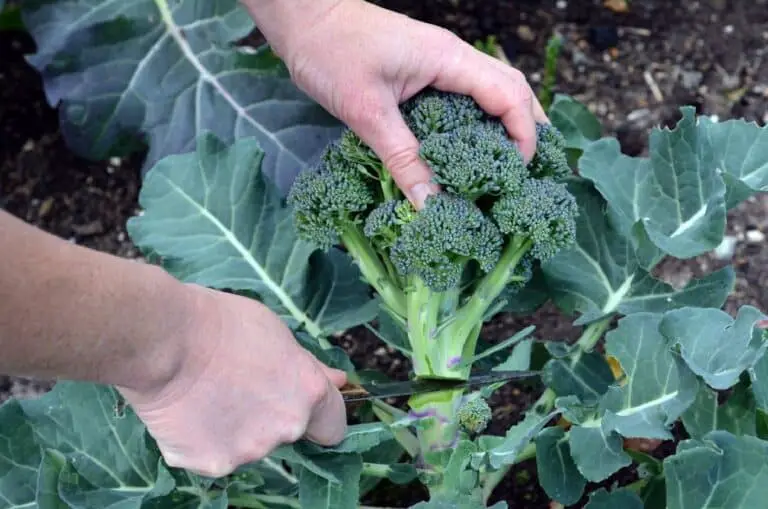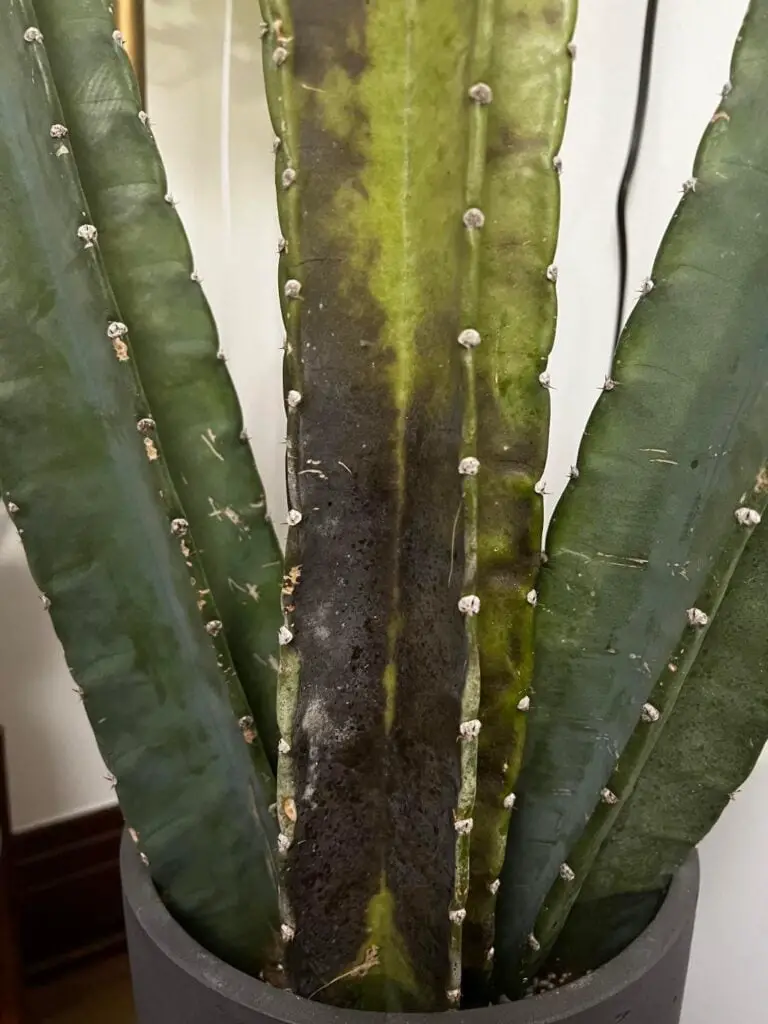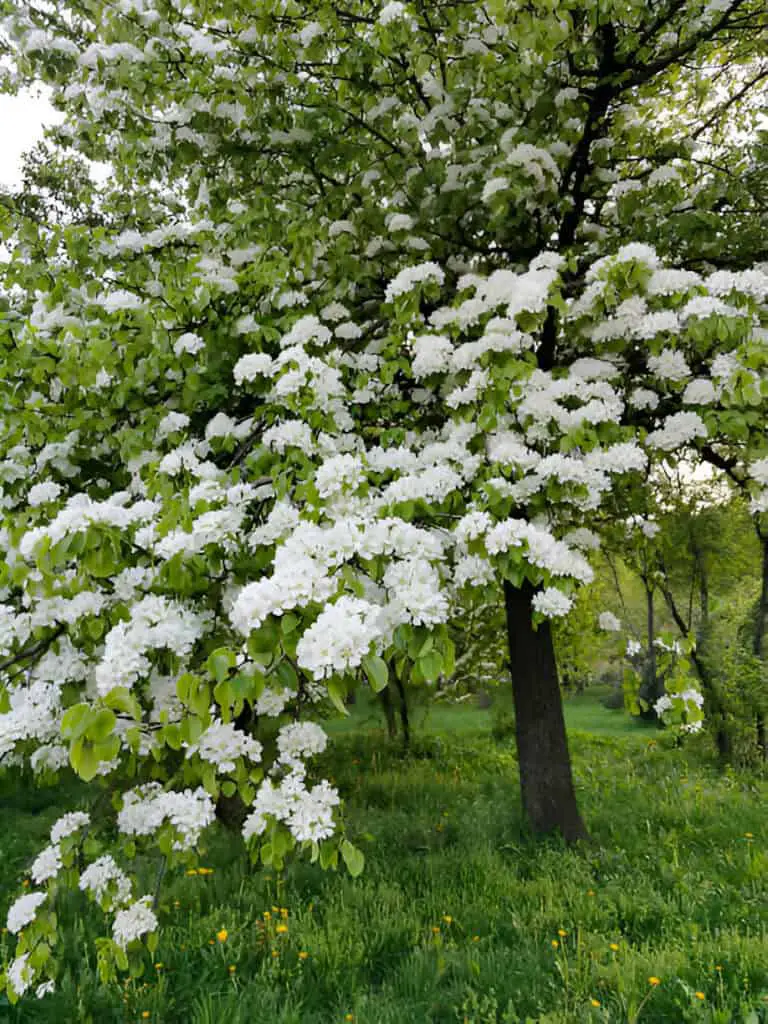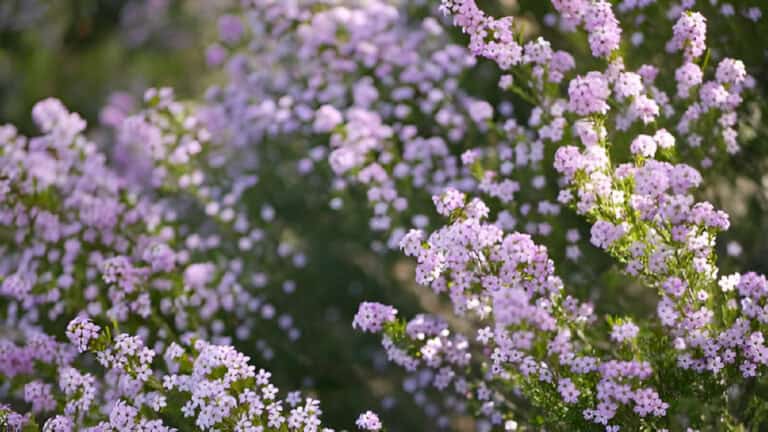Fescue vs. Bermuda Grass: Which Is Best for Your Lawn?

When it comes to choosing the right grass for your lawn, two heavyweights often enter the ring: fescue and Bermuda grass. As someone who has spent countless weekends mowing, watering, and nurturing my lawn, I know the struggle of trying to make the best choice for my outdoor space.
Each grass type has its pros and cons, and what works for one person’s lawn may not suit another’s. So, let’s dive into the nitty-gritty of fescue and Bermuda grass, so you can decide which champion deserves the crown for your lawn!
Understanding Fescue Grass
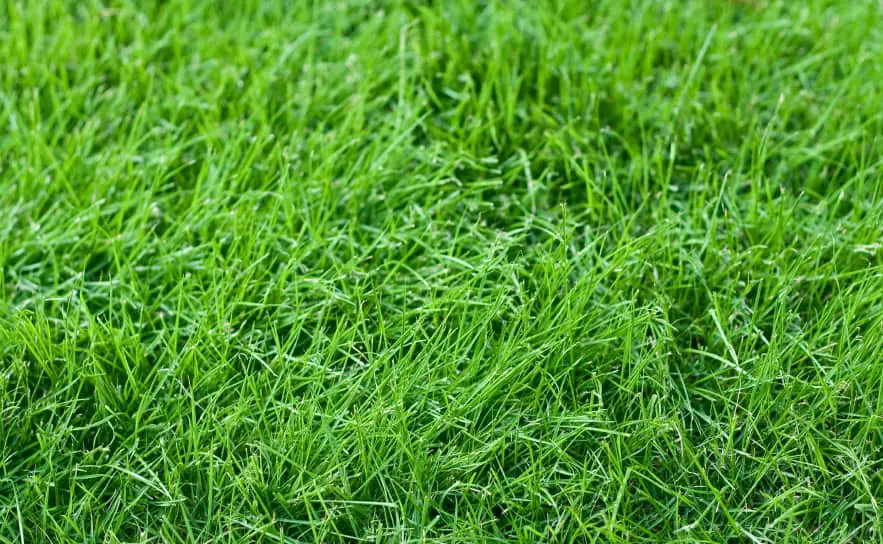
Fescue grass, a cool-season grass, thrives in the spring and fall. This grass type is known for its lush, green appearance, and it offers a soft texture that feels great underfoot. Fescue comes in various varieties, with tall fescue being the most popular for residential lawns. It features deep roots, making it more drought-resistant and adaptable to different soil types.
One of the standout qualities of fescue is its ability to stay green longer during cooler months. If you’re in a region with cold winters and mild summers, fescue could be the ideal choice for you. Not only does it provide excellent coverage, but it also blends well with other grasses, giving you a well-rounded lawn.
Pros and Cons of Fescue Grass
Pros:
- Drought Resistance: Fescue’s deep roots allow it to access moisture from deeper soil layers, making it drought-tolerant.
- Shade Tolerance: It thrives in partially shaded areas, which is a big plus if your yard has trees or structures that block sunlight.
- Year-Round Appeal: It stays lush and green during cooler months, giving your lawn a vibrant look even in fall and early spring.
Cons:
- Heat Sensitivity: Fescue may struggle in extreme heat, especially during the peak of summer.
- Maintenance Needs: It often requires regular watering and fertilization to maintain its health and color.
- Growth Habit: Fescue tends to grow clumpily, so you may need to overseed for a uniform look.
The Allure of Bermuda Grass
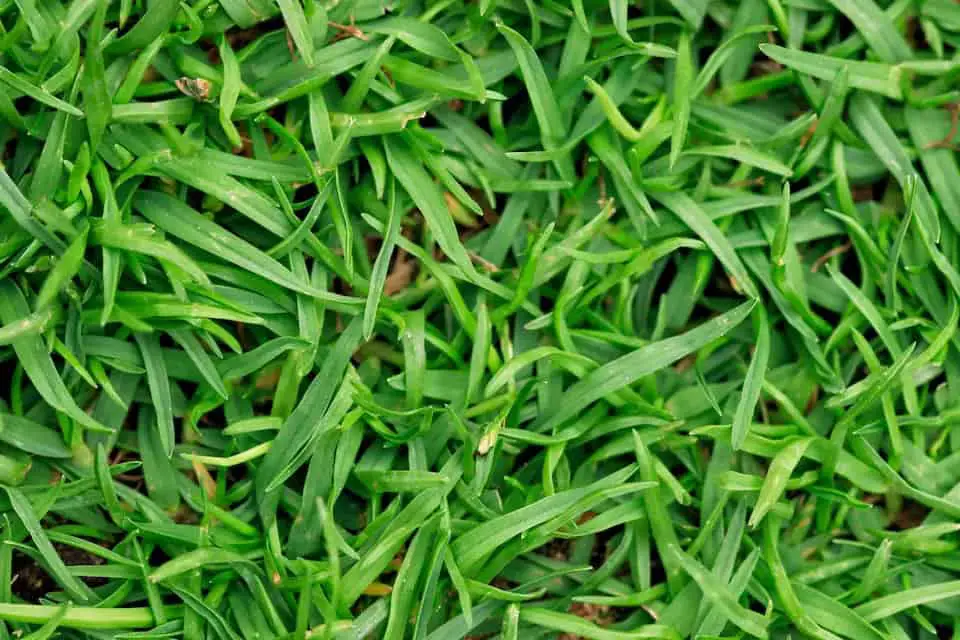
On the flip side, Bermuda grass is the life of the party when it comes to warm-season grasses. This grass type thrives in hot climates and is popular in southern regions. Its dense, fine texture creates a sturdy lawn that can withstand heavy foot traffic, making it ideal for active families and sports enthusiasts.
Bermuda grass flourishes in full sun, so if you have a sunny yard with little to no shade, it’s a fantastic option. Once established, Bermuda grass can be incredibly low-maintenance. With its rapid growth rate, it quickly fills in bare spots and creates a thick carpet of green.
Pros and Cons of Bermuda Grass
Pros:
- Heat Tolerance: Bermuda loves the sun and can handle scorching temperatures, making it perfect for hot summer months.
- Durability: It stands up well to heavy traffic, making it ideal for lawns that see a lot of activity.
- Quick Recovery: If you have bare spots, Bermuda grass fills in rapidly, giving you a lush lawn in no time.
Cons:
- Dormancy in Winter: Bermuda goes dormant in cooler months, turning brown until spring arrives, which can leave your lawn looking bare.
- Water Needs: It requires regular watering to stay green during hot spells, especially in sandy soils.
- Limited Shade Tolerance: Bermuda grass struggles in shaded areas, making it less suitable for yards with large trees or structures that block sunlight.
Factors to Consider When Choosing Grass
Choosing between fescue and Bermuda grass isn’t a one-size-fits-all decision. Here are some key factors to consider that will help you make the best choice for your lawn:
Climate
Your local climate plays a pivotal role in determining the right grass type. If you live in a region with harsh winters and mild summers, fescue may be your best bet. However, if you bask in sunny, hot summers, Bermuda grass will likely thrive.
Sun Exposure
Assess how much sun your lawn gets. If your yard is mostly sunny, Bermuda grass will flourish. On the other hand, if you have shady spots, fescue can adapt and grow well, even in less-than-ideal lighting conditions.
Maintenance Level
Consider how much time you’re willing to invest in your lawn. Fescue requires more care and regular watering, while Bermuda grass can be more forgiving once established. If you prefer a low-maintenance option, Bermuda might be the way to go.
Lawn Use
Think about how you plan to use your lawn. If you have kids and pets running around, Bermuda grass can handle the wear and tear. For a lush, aesthetic lawn for entertaining, fescue might provide the soft, inviting look you desire.
The Transition: Mixing Grass Types
If you find yourself torn between fescue and Bermuda grass, consider creating a mixed lawn. Mixing grass types can combine the best of both worlds, allowing you to take advantage of fescue’s lushness and Bermuda’s durability.
For instance, you might plant Bermuda grass in sunny areas where foot traffic is high, while sowing fescue in shaded spots to maintain a cohesive look throughout your yard.
How to Successfully Mix Grass Types
- Test Your Soil: Before planting, test your soil’s pH and nutrient levels to ensure a healthy environment for both grasses.
- Timing is Key: Plant the grasses at the right time. Cool-season fescue seeds germinate best in early spring or fall, while warm-season Bermuda thrives in late spring.
- Mow at the Right Height: Adjust your mowing height to accommodate both grass types, ensuring neither is overwhelmed.
Conclusion
In the battle of fescue vs. Bermuda grass, the winner ultimately depends on your specific lawn conditions and personal preferences. Fescue shines in cooler climates and shaded areas, while Bermuda grass thrives in sunny, warm regions. By considering factors such as climate, sun exposure, and maintenance levels, you can make an informed decision that leads to a vibrant, healthy lawn.
With the right grass in place, you’ll find yourself enjoying a beautiful green oasis right in your backyard. So, roll up your sleeves, get your hands dirty, and may your lawn be the envy of the neighborhood!


